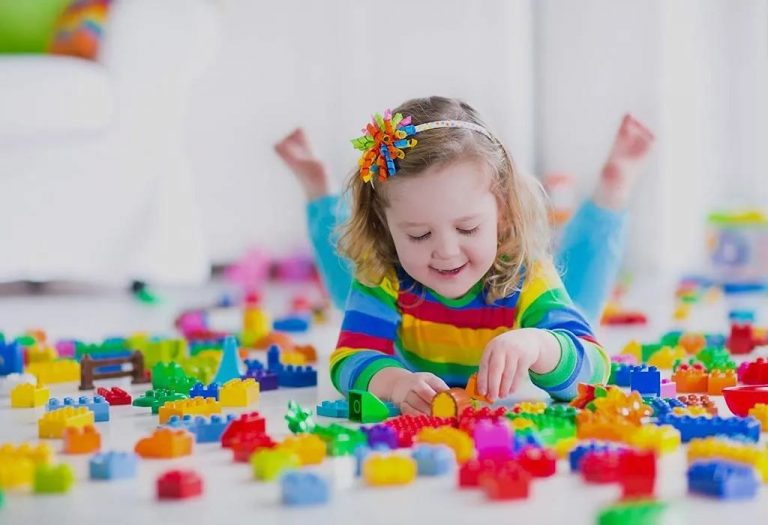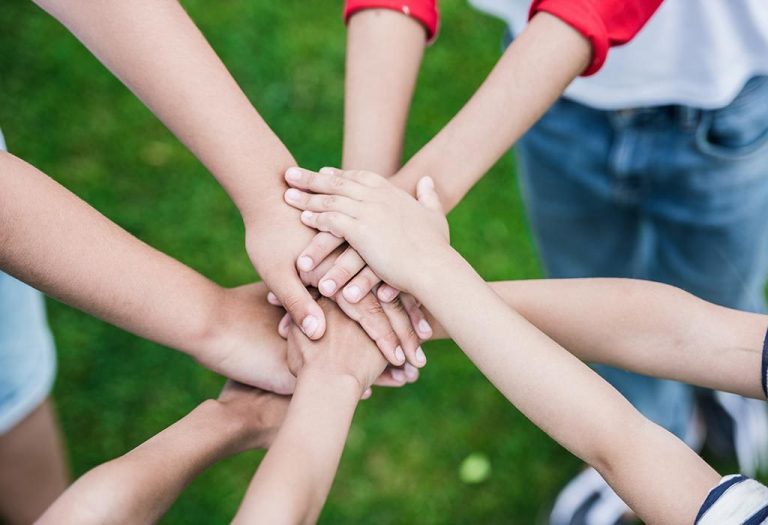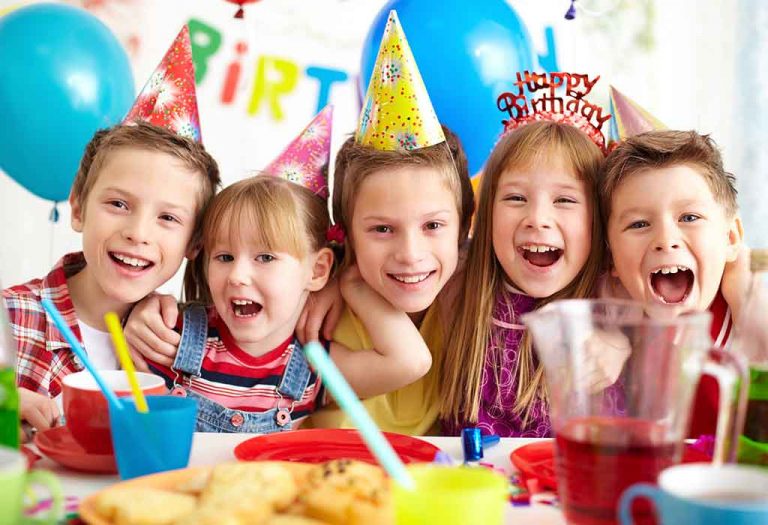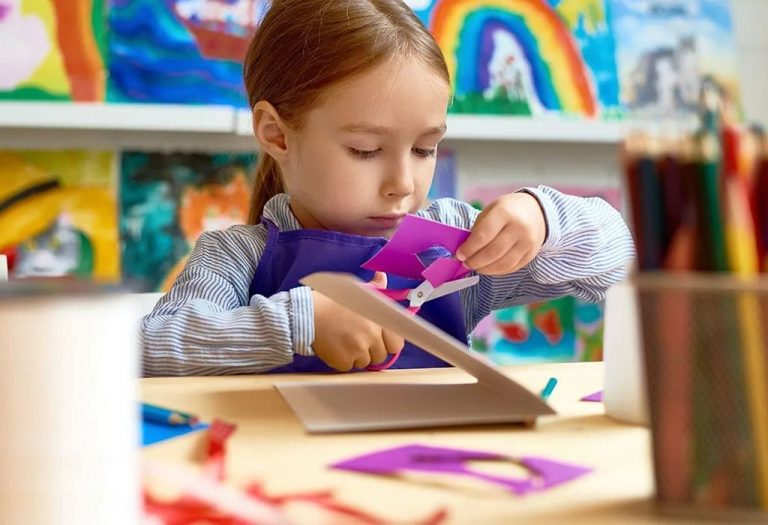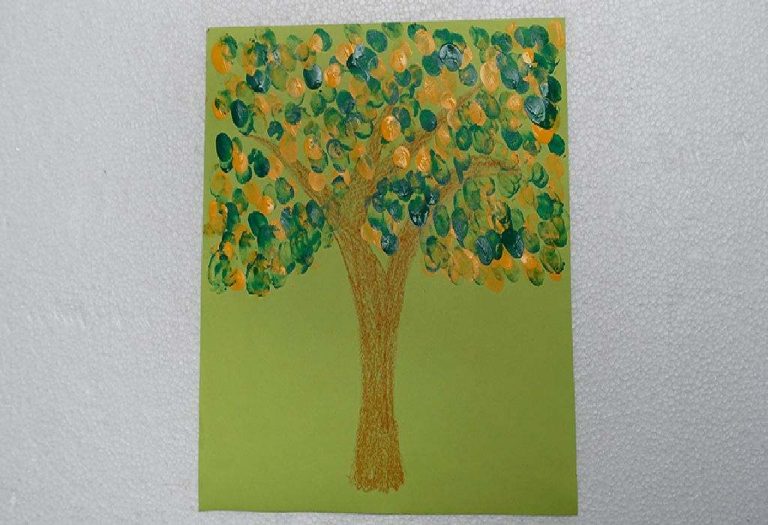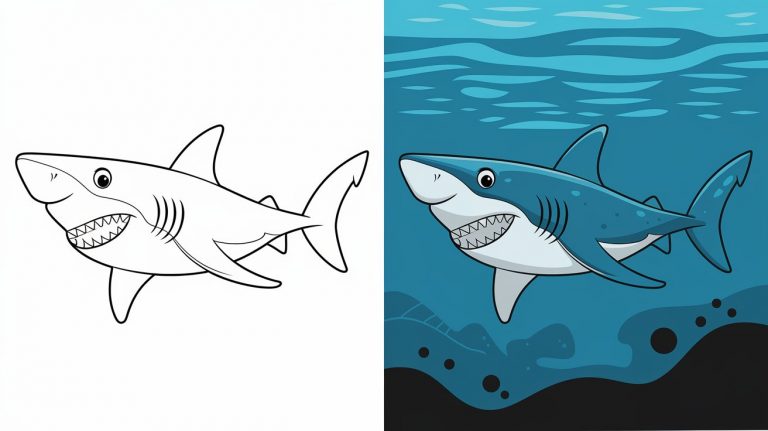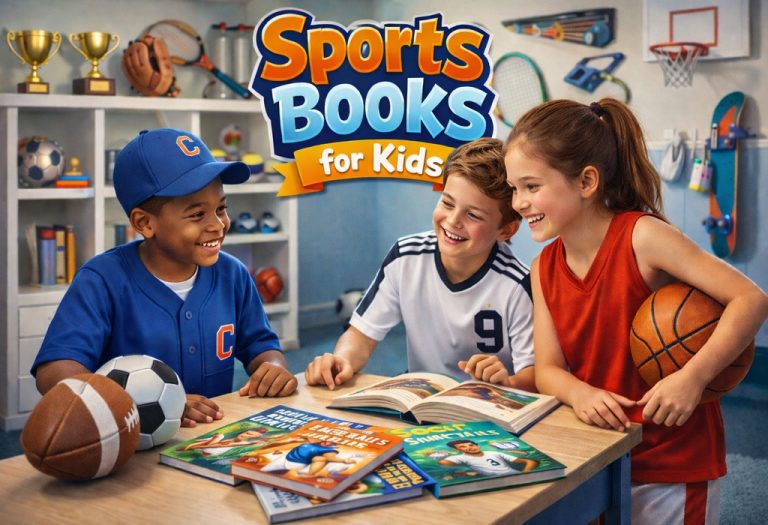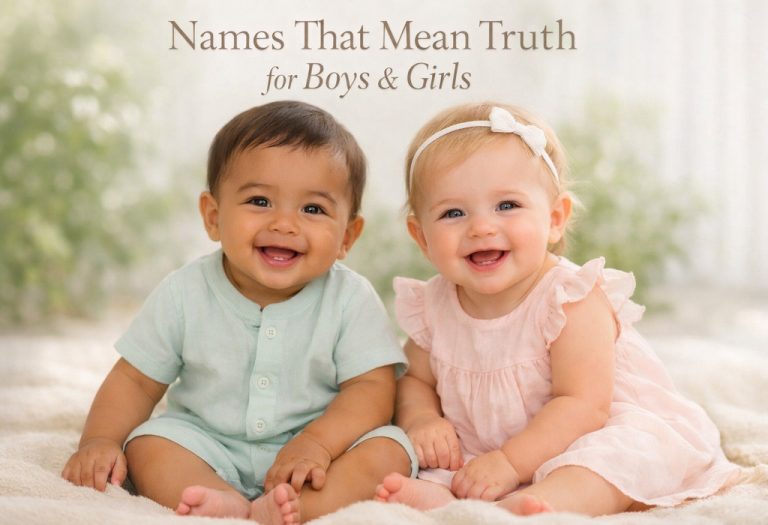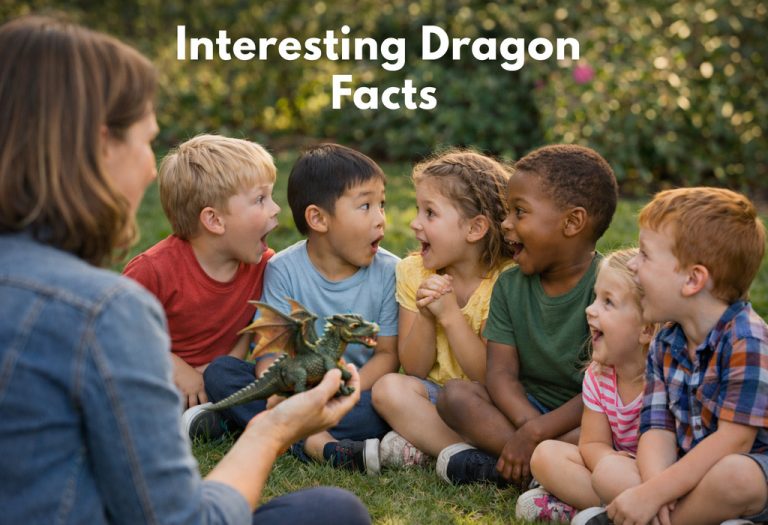20 Interesting Colour Activities for Preschoolers
Children are naturally curious and very good at noticing things around them. During their growing years, they learn very quickly and are like sponges soaking up information. They also have lots of energy, which makes them excited to try all sorts of activities. These activities are great because they keep children active and help them think better and solve problems. As children grow and learn, the things they do and the experiences they have play a big role in helping them understand the world. This is why it’s important for parents and teachers to give kids lots of different things like colouring activities for preschoolers to do that can make learning fun and help them grow in the best ways.
Before you prepare them for school, you can engage them in a range of activities to help them develop their cognitive abilities. Colouring activities are plenty and they give them an opportunity to grow into intuitive pre-schoolers.
Colour Recognition Activities for Preschoolers
Colour recognition is an important skill for preschoolers to learn. These preschool coloring activities help them to identify and name different colours in a fun and interactive way, setting the stage for future learning.
1. Sort Fruit Loops By Colour
For the first time, your kid will love the fact that he/she can play with his food.
What You Need
- A small bowl of fruit loops
- A printed colour code sheet
How to Do It
Place the colour matching sheet along with a bowl of fruit loops and tell your child to match the colour of the fruit loop by placing it on the colour in the sheet. Before starting this do one yourself and show which are the colour names for each of the loops.
Skills Developed
Cognition and accurate identification of objections.
2. Changing Colours
Teach your kids how to mix colours to get other colours with just water.
What You Need
- Colours in a zip lock bag
- Water
How to Do It
Get your pre-schooler to mix colours in a stress-free and mess-free way by giving him a ziplock bag and asking him to mix colour after colour with water.
Skills Developed
Visual cognition
3. Pom-Pom Colour Sorting
Help your kid identify colours and numbers at the same time.
What You Need
- Empty bottles with numbers and colour code on them
- Colourful pom poms
How to Do It
Give your child a bowl full of pom poms and get them to match the colour of the poms with the colour on the bottle
Skills Developed
Colour identification
4. Sort Buttons
Do you have too many old buttons just lying around? Use this game to keep your kids entertained.
What You Need
- A small box of colourful buttons
How to Do It
Get your kids to find buttons of matching colours and put them in different heaps based on the colour.
Skills Developed
This sorting activity helps in visual cognition.
5. Colour Scavenger Hunt
Send your kid on a hunt around the house for colourful objects that they can match
What You Need
- Colourful objects around the house
- A sheet with names of different colours
How to Do It
Give your child the sheet and tell him/her to go scavenging around the house and match the items to the colours on the sheet.
Skills Developed
Colour association and confidence.
6. Colourful Egg Cartons
Let your child have some fun with colourful egg cartons.
What You Need
- Empty colourful egg cartons
- Colourful beads
How to Do It
Place the colourful egg cartons and ask your child to match the beads with the colours in the egg carton.
Skills Developed
Visual Cognition.
Art and Crafts Colour Activities for Preschoolers
Through these color activities for preschoolers, preschoolers can learn about different colours, how they mix, and work on their fine motor skills while having fun.
1. Spray Paint Colours
An exciting activity for your kid to do with his friends and make a game out of it.
What You Need
- A spray paint
- Old water bottle
- A blank large canvas/ drawing sheet
How to Do It
Gather your kid and his friends and prepare a concoction by mixing water in a bottle with spray paint. Let them create art with their hands and feet on the canvas.
Skills Developed
Creativity
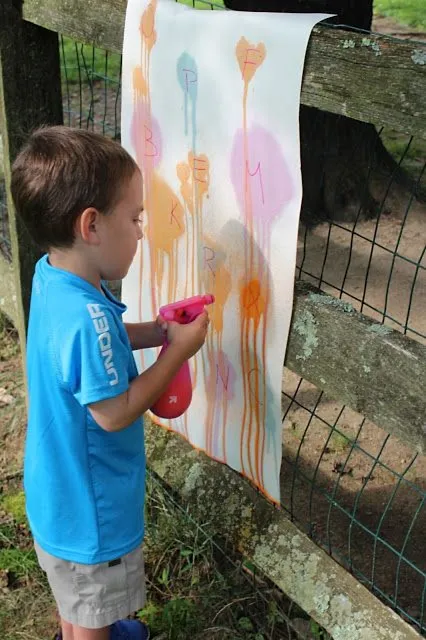
Source: Pinterest
2. Coloured Ice Boats
A fun way of making boats that end up being quite colourful
What You Need
- Food colouring
- Ice tray
- Plastic sheet
- Straw
How to Do It
Add food colouring in the water that is put into an ice tray to make them colourful. Wrap the ice tray in a thin plastic sheet. Prick small holes in them and insert the straws on top of each ice cube. Once the ice is frozen, place these little “boats” in water and watch the colours mix!
Skills Developed
Creativity
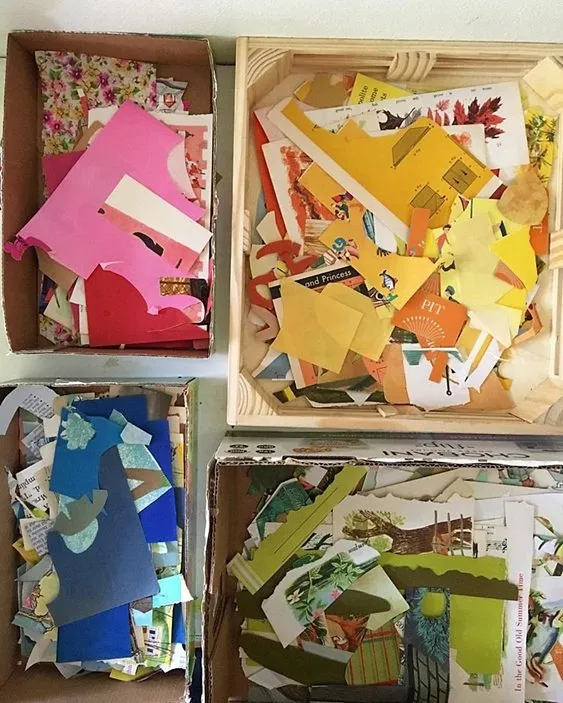
Source: Pinterest
3. Finger Painting With Primary Colours
Finger painting is a classic art activity for preschoolers, providing a fun and messy way to explore colours.
What You Need
- Finger paints in red, blue, and yellow
- Large sheets of paper or canvas
- Plastic tablecloth or newspaper to protect the surface
How to Do It
Lay out the paper or canvas and let preschoolers dip their fingers into the different primary colours. Encourage them to mix the colours and create their own artwork by combining them. This hands-on activity allows children to explore colour blending while creating vibrant artwork.
Skills Developed
This activity promotes creativity, colour mixing, and fine motor skills. It also encourages sensory exploration and artistic expression.
4. Collage With Colourful Paper Scraps
Creating collages is an engaging way for preschoolers to play with colours and shapes. Using colourful construction paper, safety scissors, and glue sticks, children can craft unique designs.
What You Need
- Various colours of construction paper
- Safety scissors
- Glue sticks or glue
- Large sheet of paper or cardboard as a base
How to Do It
Provide preschoolers with scraps of colourful construction paper and let them cut them into different shapes. Ask them to glue these shapes onto the large paper or cardboard, creating a collage. Encourage them to use their imagination and experiment with different arrangements.
Skills Developed
This activity helps develop fine motor skills, creativity, and colour recognition. It also introduces basic concepts of composition and design.

Source: Pinterest
5. Rainbow Craft Sticks
Craft sticks are a versatile tool for preschool art projects. In this activity, preschoolers use coloured craft sticks to create various shapes and designs, like rainbows or simple structures.
What You Need
- Craft sticks (popsicle sticks) in various colours
- Glue gun or glue sticks
- Additional decorative items (sequins, beads, etc.)
How to Do It
Give preschoolers an assortment of coloured craft sticks and let them arrange them to create simple shapes or designs, such as a rainbow or a house. They can then glue the sticks together and add extra decorations to complete their creations.
Skills Developed
This activity enhances fine motor skills, encourages creativity, and teaches colour recognition. It also promotes problem-solving and planning, as children think about how to construct their designs.
Sensory Play Colour Activities for Preschoolers
Sensory play lets preschoolers explore colours in a hands-on way. Using colourful sensory bins, slime, or playdough, they can touch, see, and sometimes even smell the colours, helping them understand them better.
1. Colourful Play Dough
Bring out your child’s inner artist by giving them play dough.
What You Need
- A box of colourful play dough
How to Do It
Get your kid to make many sculptures or have fun with different shapes with play dough.
Skills Developed
Creativity and hand-eye coordination.
2. Multi-Sensory Baths
Make bath time fun with colourful toys and colourful water.
What You Need
- A tub
- Essential oils (lavender is a good option)
- Food colouring
- Colourful toys
How to Do It
Help your kid prepare his or her bath using organic colours and essential oils. A simple one would be to mix green food colouring with eucalyptus oil.
Skills Developed
Awareness of touch
3. Colourful Rice Sensory Bins
This activity is great for stimulating sensory exploration and developing fine motor skills.
What You Need
- White rice
- Food colouring or non-toxic watercolour tablets
- Ziplock bags
- Sensory bin or large container
How to Do It
Divide the rice into different ziplock bags and add a few drops of food colouring or watercolour tablets to each. Seal the bags and mix the rice thoroughly until it’s evenly coloured. Once dry, pour the coloured rice into a sensory bin or large container. Preschoolers can then explore the textures, scoop and pour the rice, and even sort it by colour.
Skills Developed
This activity stimulates sensory exploration, fine motor skills, and colour recognition. It also encourages imaginative play and creativity as children manipulate the rice in various ways.
4. Colourful Slime Sensory Play
Slime is a popular sensory activity that can be customized with different colours. Preschoolers can stretch, pull, and manipulate colourful slime, enjoying its unique texture and elasticity.
What You Need
- Clear glue or white glue
- Baking soda
- Contact lens solution (containing boric acid)
- Food colouring
- Mixing bowl and spoon
How to Do It
In a mixing bowl, combine glue with a small amount of baking soda and stir well. Add a few drops of food colouring to create the desired colour. Slowly add contact lens solution and stir until the mixture begins to form into slime. Let preschoolers play with the colourful slime, stretching, pulling, and squeezing it to explore the texture.
Skills Developed
This sensory activity enhances tactile exploration, fine motor skills, and creativity. It encourages preschoolers to engage in hands-on play, providing a fun and squishy experience with vibrant colours.
Outdoor Colour Activities for Preschoolers
Outdoor activities bring learning about colours into a lively and natural setting. These color activities for kindergarten kids are a great way for children to connect with nature while learning about colours.
1. Nature Colour Hunt
This activity is a fun way for preschoolers to explore the outdoors while learning about colours. Kids go on a hunt to find natural items that match specific colours, enhancing their observation skills.
What You Need
- Coloured markers or paper with different colours
- A bag or basket to collect items
How to Do It
Give each child a list of colours to find in nature (e.g., green for leaves, red for berries, etc.). Let them search for objects that match the colours on their list and collect them in their bag or basket.
Skills Developed
This activity helps develop observation skills and colour recognition while encouraging exploration and connection with nature.
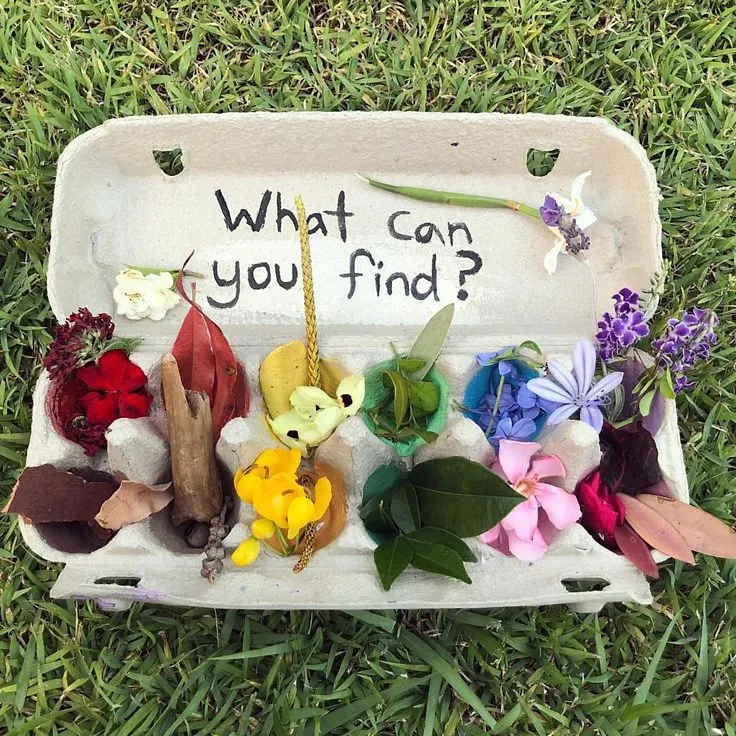
Source: Pinterest
2. Sidewalk Chalk Colour Maze
Let your preschoolers enjoy the sunshine while following a colourful maze drawn with chalk. This game is a playful way to improve physical coordination and teach colour recognition.
What You Need
- Sidewalk chalk in various colours
How to Do It
Draw a maze on the sidewalk or driveway using different colours of chalk. Challenge your preschoolers to follow the maze by stepping only on certain colours, changing the pattern each time to keep it interesting.
Skills Developed
This game develops physical coordination and gross motor skills, along with colour recognition and pattern recognition.
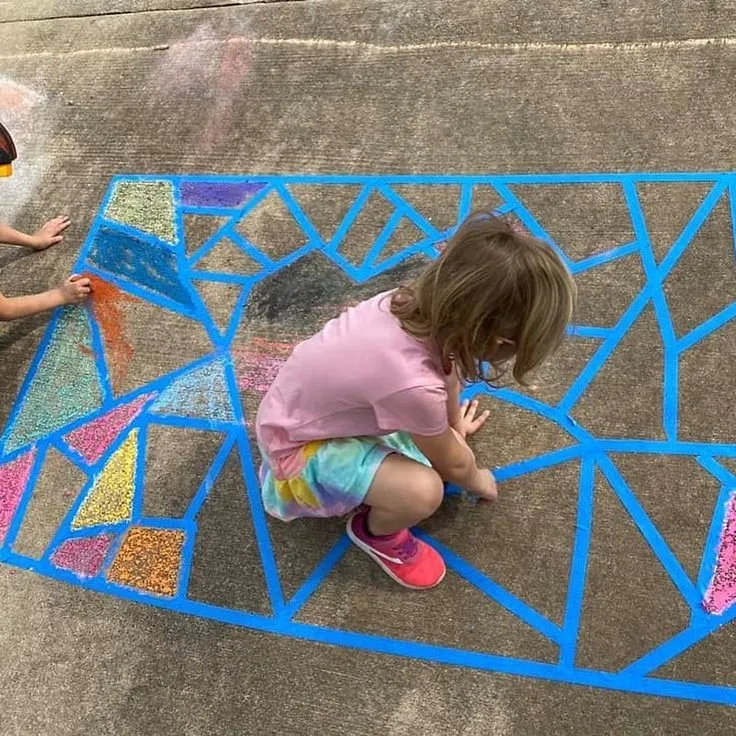
Source: Pinterest
3. Colourful Bubble Play
Colourful bubble play is a delightful outdoor activity that captivates preschoolers with its vibrant and dynamic nature.
What You Need
- Bubble solution
- Bubble wands
- Food colouring or non-toxic liquid watercolours
How to Do It
Add a few drops of food colouring or non-toxic watercolours to the bubble solution to create colourful bubbles. Head outdoors and let preschoolers blow and chase the colourful bubbles. You can also encourage them to watch how the bubbles reflect and refract light, creating a rainbow effect.
Skills Developed
This activity promotes hand-eye coordination, gross motor skills, and colour recognition. It also adds an element of magic and wonder as children watch the vibrant bubbles float through the air, providing a fun and engaging outdoor experience.
4. Rainbow Obstacle Course
A rainbow obstacle course is a fun way for preschoolers to burn off energy while learning about colours.
What You Need
- Coloured markers or tape to mark the course
- Obstacle course equipment (tunnels, cones, balance beams, etc.)
How to Do It
Create a simple obstacle course in your backyard, using different colours to mark each section. Tell preschoolers to complete the course by following a specific colour sequence or pattern. You can adjust the difficulty based on the child’s age and ability.
Skills Developed
This activity develops physical coordination, balance, and problem-solving skills, while also reinforcing colour recognition and sequence following.
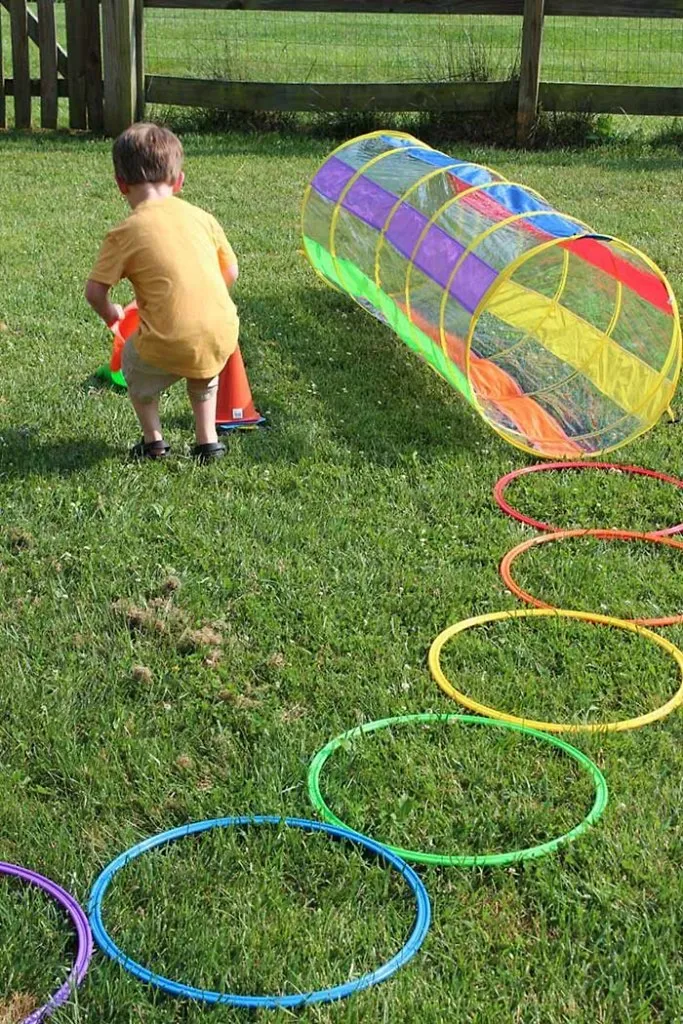
Source: Pinterest
5. Coloured Water Balloon Toss
The coloured water balloon toss is a refreshing outdoor activity that brings a splash of fun to preschoolers’ playtime.
What You Need
- Water balloons
- Food colouring or non-toxic watercolour tablets
- Buckets or a water source to fill the balloons
How to Do It
Fill water balloons with different colours using food colouring or tablets, then divide them among the preschoolers. Play games like balloon toss or balloon catch, encouraging them to notice and name the colours. Be sure to supervise for safety and ensure the play area is suitable for water-based activities.
Skills Developed
This activity promotes hand-eye coordination, teamwork, and social interaction. It also reinforces colour recognition in a fun and engaging way.
Tips to Make Pre-schoolers Learn About Colours
- Start by introducing simple colours like yellow, red, orange by pointing to vegetables and fruits with the corresponding colour. The main Red, Blue, Yellow, Black should suffice.
- Get kids to draw different things and use crayons to help them fill in the colour. Then identify each of the colours filled.
- Start associating different things with colours. For example, if you are teaching about black and white, you can also teach about cows.
- Have patience and ensure there is repetition.
FAQs
1. How can colour activities help with preschoolers’ development?
Colour activities support preschoolers’ development by enhancing their colour recognition skills, improving fine motor skills, and encouraging creativity. They can also help with problem-solving, observation, and following instructions, contributing to overall cognitive and sensory development.
2. How can colour activities for preschoolers be used to teach about emotions?
Colour activities can be a unique way to teach preschoolers about emotions by associating specific colours with different feelings. For example, red might represent anger, blue could symbolize sadness, and yellow could mean happiness. Activities like creating emotion-based drawings or using coloured emotions cards can help children understand and express their feelings through colour.
3. Can colour activities be used to introduce preschoolers to cultural diversity?
Absolutely. Colour activities can introduce preschoolers to cultural diversity by exploring traditional colours from various cultures or creating crafts inspired by global themes. Activities like making flags from different countries, exploring multicultural art, or using colour to learn about cultural symbols can be a fun and educational way to embrace diversity and teach children about the wider world.
Whatever you do, make sure your kid has fun and you can satisfy his enthusiasm for learning and imagination. These activities will also help you bond with your kid.
Also Browse Coloring Pages:
Simple Colouring Pages for Kids
Animals Colouring Pages for Toddlers
Superheroes Colouring Pages for Children
Vegetables Colouring Pages for Kindergarten
Letters & Alphabets Colouring Pages for Pre-schoolers
Also Read:
Genius Ideas To Teach Kids To Color Within The Lines
How to Teach Colours to Toddlers and Preschoolers
Was This Article Helpful?
Parenting is a huge responsibility, for you as a caregiver, but also for us as a parenting content platform. We understand that and take our responsibility of creating credible content seriously. FirstCry Parenting articles are written and published only after extensive research using factually sound references to deliver quality content that is accurate, validated by experts, and completely reliable. To understand how we go about creating content that is credible, read our editorial policy here.





